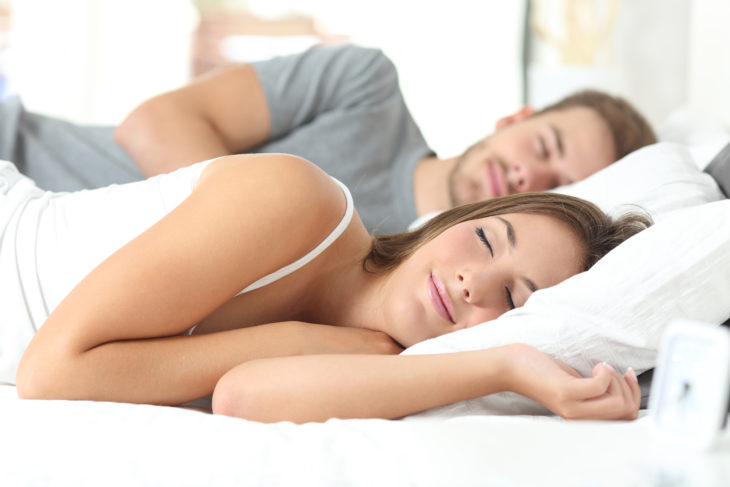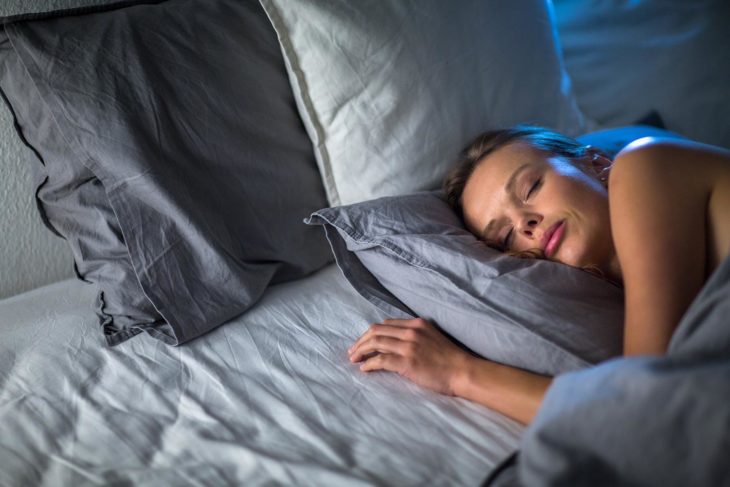The quality of our sleep greatly affects both our mental and physical health. Not only will the lack of sleep cause you to have much less energy during the day, but it will also reduce your productivity, disrupt your hormone levels, affect your brain function, and even cause you to gain weight. A great number of people don’t get a good night’s sleep, and the main culprits are stress and anxiety. Over the past decade, sleep quality has significantly decreased. If you wish to take care of your health, exercising and eating healthy, even though commendable, isn’t enough. Good quality and quantity of sleep are crucial and that’s why we prepared a little guide to help you out.
Contents
Bright light exposure during the day
It has been shown that increasing the bright light exposure during the day, drastically improved people’s sleep and it decreased the time it took people to fall asleep. Our bodies have a natural clock – circadian rhythm, and the sunlight, as well as artificial bright light, can help maintain our circadian rhythms healthy. One study found that two hours of exposure to bright light helped people get two more hours of sleep during the night. While you want to maximize the bright light exposure during the day, you should take it down to a minimum during the night.

Img source: valleysleepcenter.com
Blue light, coming from the screens of your devices such as smartphones and computers, is pretty bad for your sleep. The best solution would be for you to stop using those devices an hour or two before bed, but if that’s not doable, there are apps and programs that you can download which will filter out the blue light in the night. If you’re a light sleeper and any kind of sound can wake you up, consider searching for the best white noise machine on the market. These gadgets can deter your attention away from the surrounding noise.
No alcohol, caffeine, or nicotine before bed
Alcohol can help you fall asleep faster, as you probably figured out by now, but it immensely reduces the quality of sleep causing you to wake up tired. It’s recommended to avoid coffee good six hours before bed, and ideally, to refrain from drinking any after 3 pm in order to make sure it doesn’t have any effect on you once you go to bed. Nicotine is another big no-no before bed since it can wreak havoc on quality sleep.
Physical activity
Exercising before bed, or in some other time during the day, can help you fall asleep faster and have a good, high-quality night’s sleep. Going outside during the day can also improve your sleep, so try walking or running outside at least an hour every day.

Img source: standard.co.uk
Dark and cold bedroom
Try to minimize the number of light sources in your bedroom once you decide to go to bed. Any kind of light can easily disrupt your sleep so eye masks can come in handy in case you can’t get rid of every light source in your room. You also don’t want to keep your bedroom too hot. A colder room can help you fall asleep faster and stop you from moving too much in your sleep causing you to sleep longer without waking up.
